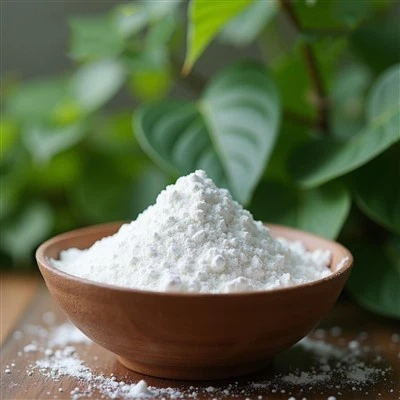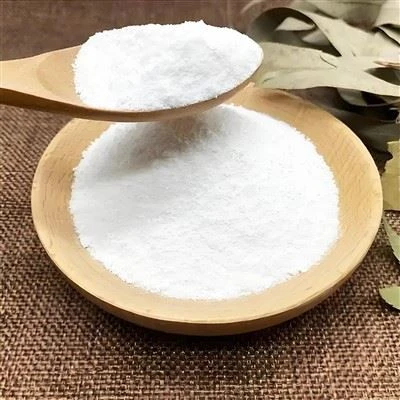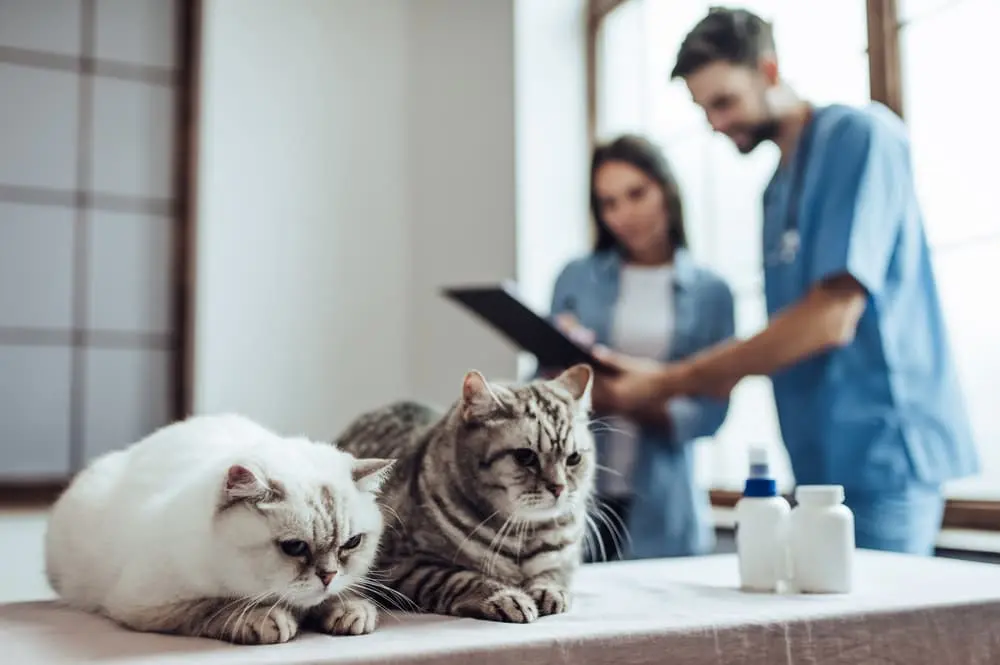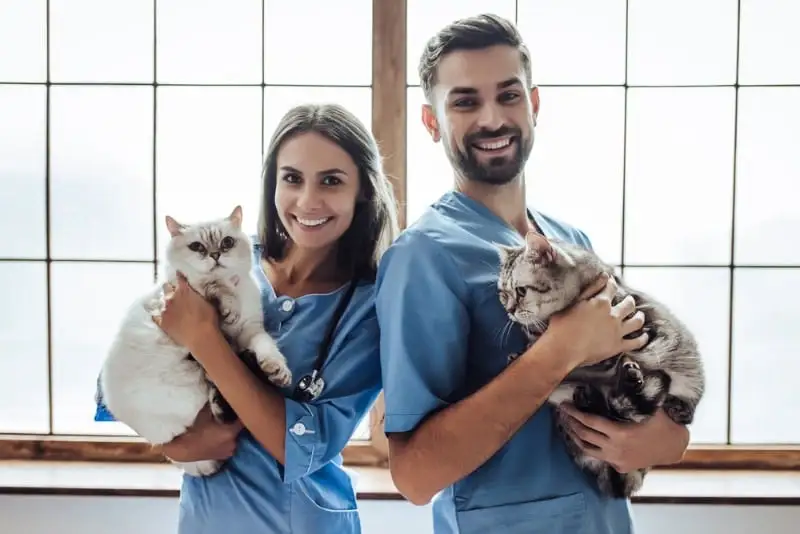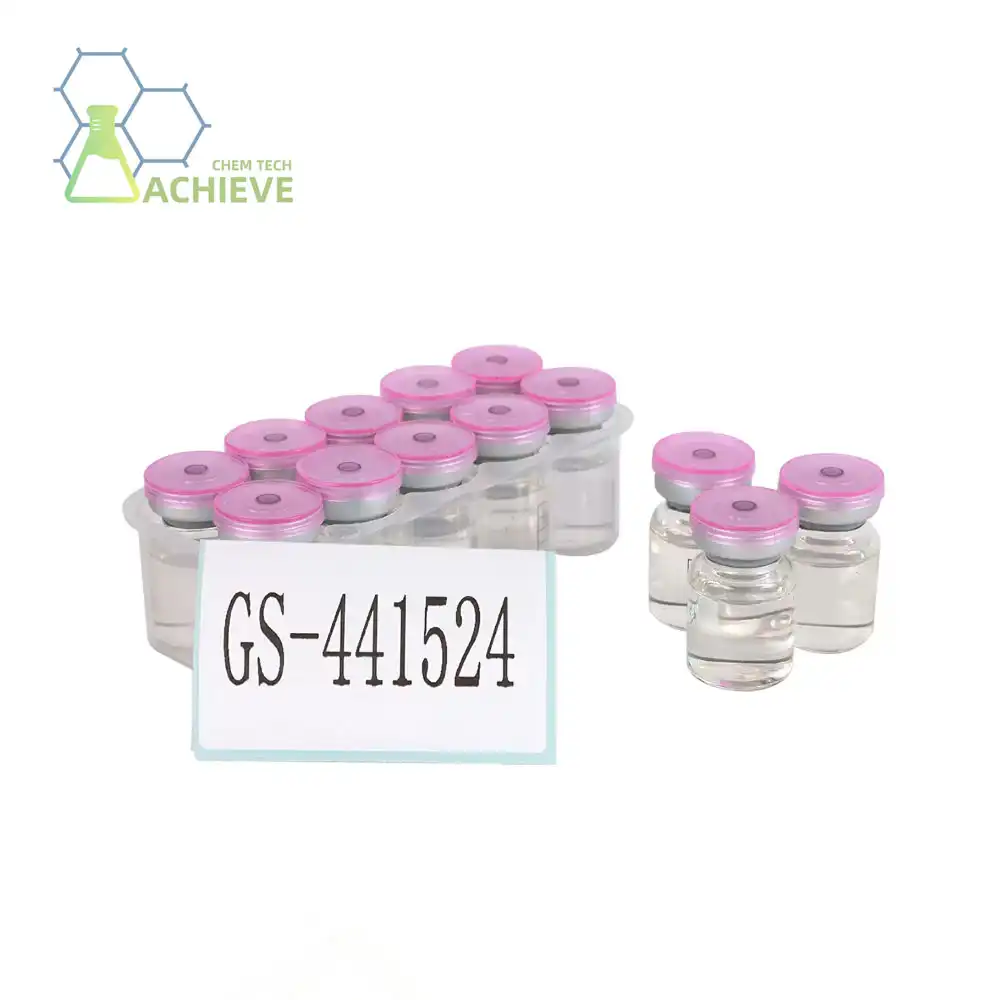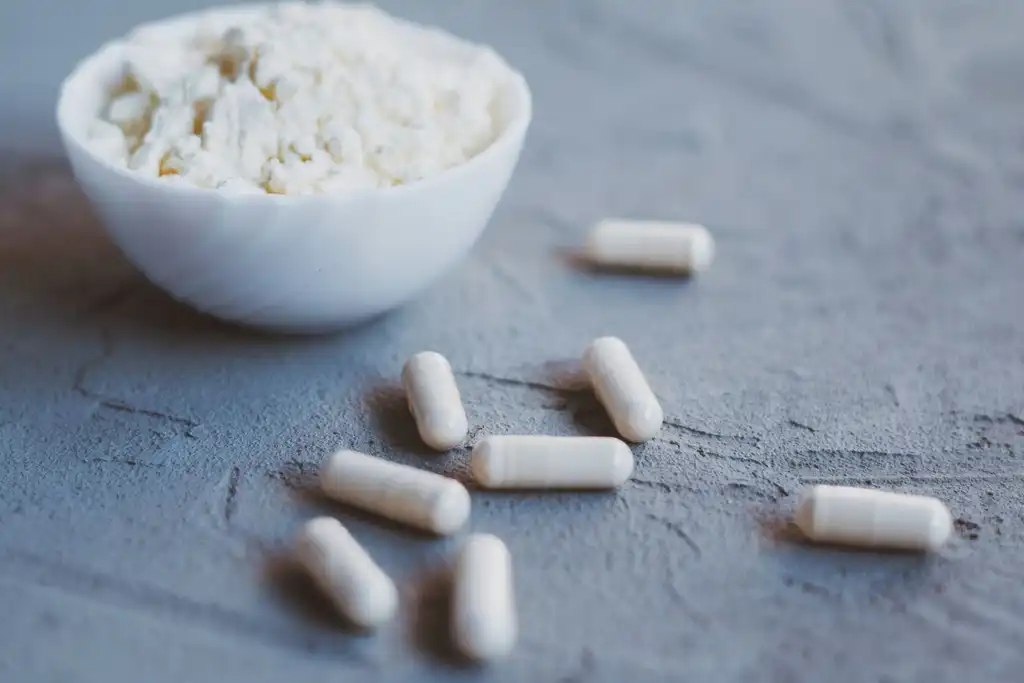How long is the course of antiviral treatment of FIP?
Feline Infectious Peritonitis (FIP) is a devastating disease that affects cats worldwide. With the advent of antiviral treatments like GS 441524 powder, there's new hope for cats diagnosed with FIP. However, one of the most common questions pet owners have is about the duration of treatment. In this article, we'll explore the standard treatment protocol, factors that may affect treatment length, and the risks of stopping treatment prematurely.
We provide GS 441524 Powder CAS 1191237-69-0, please refer to the following website for detailed specifications and product information.
|
|
|
Standard 84-day treatment protocol: Why it's recommended
The standard course of antiviral treatment for FIP using GS 441524 powder is typically 84 days or 12 weeks. This duration has been established based on extensive research and clinical trials. The 84-day protocol is designed to ensure complete viral clearance and prevent relapse.
During this period, cats receive daily doses of the antiviral medication. The dosage is usually calculated based on the cat's weight and the severity of the disease. For most cats with non-neurological FIP, the starting dose is around 4-6 mg/kg per day.
The 12-week duration allows for:
- Sufficient time for the antiviral to eliminate the virus from all body tissues
- Adequate immune system recovery
- Healing of damaged organs and tissues
- Monitoring of the cat's response to treatment
Many veterinarians and FIP experts, including Dr. Niels Pedersen, who pioneered the use of GS 441524 for FIP treatment, advocate for the full 84-day course. This recommendation is based on the observation that premature cessation of treatment often leads to relapse.
Factors that may shorten or extend GS 441524 treatment duration
While the 84-day protocol is standard, several factors can influence the actual duration of treatment. Some cats may require shorter or longer courses of therapy. Here are some factors that can affect treatment length:
Disease form and severity
The form of FIP (wet, dry, or neurological) and its severity can impact treatment duration. Cats with neurological FIP often require higher doses and longer treatment periods, sometimes extending beyond 12 weeks.
Response to treatment
Some cats show rapid improvement and may appear completely healthy before the 84 days are up. However, experts still recommend completing the full course to ensure complete viral elimination.
Complications or relapses
If a cat experiences complications or shows signs of relapse during treatment, the course may need to be extended. In some cases, treatment can last up to 16 weeks or more.
Age of the cat
Younger cats often respond more quickly to treatment and may require shorter courses. Conversely, older cats or those with more severe disease may need extended treatment.
Concurrent health issues
Cats with other health problems may require adjustments to their treatment plan, potentially affecting the duration.
Quality of the medication
The quality and purity of the GS 441524 powder used can impact its effectiveness. High-quality products may lead to faster recovery, while lower-quality ones might necessitate longer treatment periods.
It's crucial to note that any adjustments to the treatment duration should be made under the guidance of a veterinarian experienced in FIP treatment. Regular monitoring through blood tests and clinical examinations is essential to determine the optimal treatment length for each cat.
|
|
|
Risks of stopping GS 441524 treatment early
The temptation to stop treatment early, especially when a cat appears to have recovered, can be strong. However, premature cessation of GS 441524 therapy carries significant risks:
Relapse
The most significant risk of stopping treatment early is relapse. If the virus hasn't been eliminated from the cat's system, it can resurge, leading to a recurrence of FIP symptoms. Relapses can be more challenging to treat and may require higher doses or longer treatment periods.
Drug resistance
Incomplete treatment can potentially lead to the development of drug-resistant strains of the virus. This could make future treatments less effective, not only for the individual cat but potentially for other cats as well.
Incomplete organ recovery
Even if a cat appears clinically normal, internal organs may still be in the process of healing. Stopping treatment too soon could interrupt this healing process, leading to long-term health issues.
Financial implications
While the cost of FIP pills for cats can be significant, stopping treatment early and risking a relapse can end up being more expensive in the long run. A relapse may require a new, potentially longer, and more intensive course of treatment.
Emotional toll
The emotional impact of a relapse on both the cat and its owners can be substantial. The stress and worry of dealing with a recurring illness can be overwhelming.
Given these risks, it's crucial to follow the prescribed treatment plan meticulously. If financial constraints are a concern, it's better to discuss options with your veterinarian rather than unilaterally deciding to stop treatment early.
Monitoring during and after treatment
Regular monitoring is a critical aspect of FIP treatment. This typically involves:
- Weekly weight checks
- Blood tests every 4-6 weeks
- Clinical examinations to assess symptom improvement
- Post-treatment follow-ups for at least 8-12 weeks after completing therapy
These checks help ensure the treatment is progressing as expected and allow for timely adjustments if needed.
Conclusion
The standard 84-day course of GS 441524 treatment for FIP is based on extensive research and clinical experience. While individual cases may require shorter or longer treatment periods, it's crucial to follow expert guidance and complete the prescribed course to ensure the best chance of a full recovery.
If you're a veterinarian or work in the pharmaceutical industry and are interested in high-quality GS 441524 powder for FIP treatment, Shaanxi BLOOM TECH Co., Ltd. is here to help. With our state-of-the-art GMP-certified production facilities and expertise in chemical synthesis, we can provide reliable, high-purity GS 441524 for your needs. For more information or to discuss long-term bulk purchasing contracts, please contact us at Sales@bloomtechz.com. Our team is ready to support you in your fight against FIP.
References
1. Pedersen, N.C., et al. (2019). Efficacy and safety of the nucleoside analog GS 441524 for treatment of cats with naturally occurring feline infectious peritonitis. Journal of Feline Medicine and Surgery, 21(4), 271-281.
2. Kim, Y., et al. (2020). Reversal of the progression of fatal coronavirus infection in cats by a broad-spectrum coronavirus protease inhibitor. PLoS Pathogens, 16(3), e1008370.
3. Addie, D.D., et al. (2020). Feline infectious peritonitis. ABCD guidelines on prevention and management. Journal of Feline Medicine and Surgery, 22(11), 1047-1068.
4. Murphy, B.G., et al. (2018). The nucleoside analog GS 441524 strongly inhibits feline infectious peritonitis (FIP) virus in tissue culture and experimental cat infection studies. Veterinary Microbiology, 219, 226-233.

Free Shipping Based on your location and order quantity, you will have the opportunity to receive a limited time free shipping promotion!

BLOOMTECHZ
